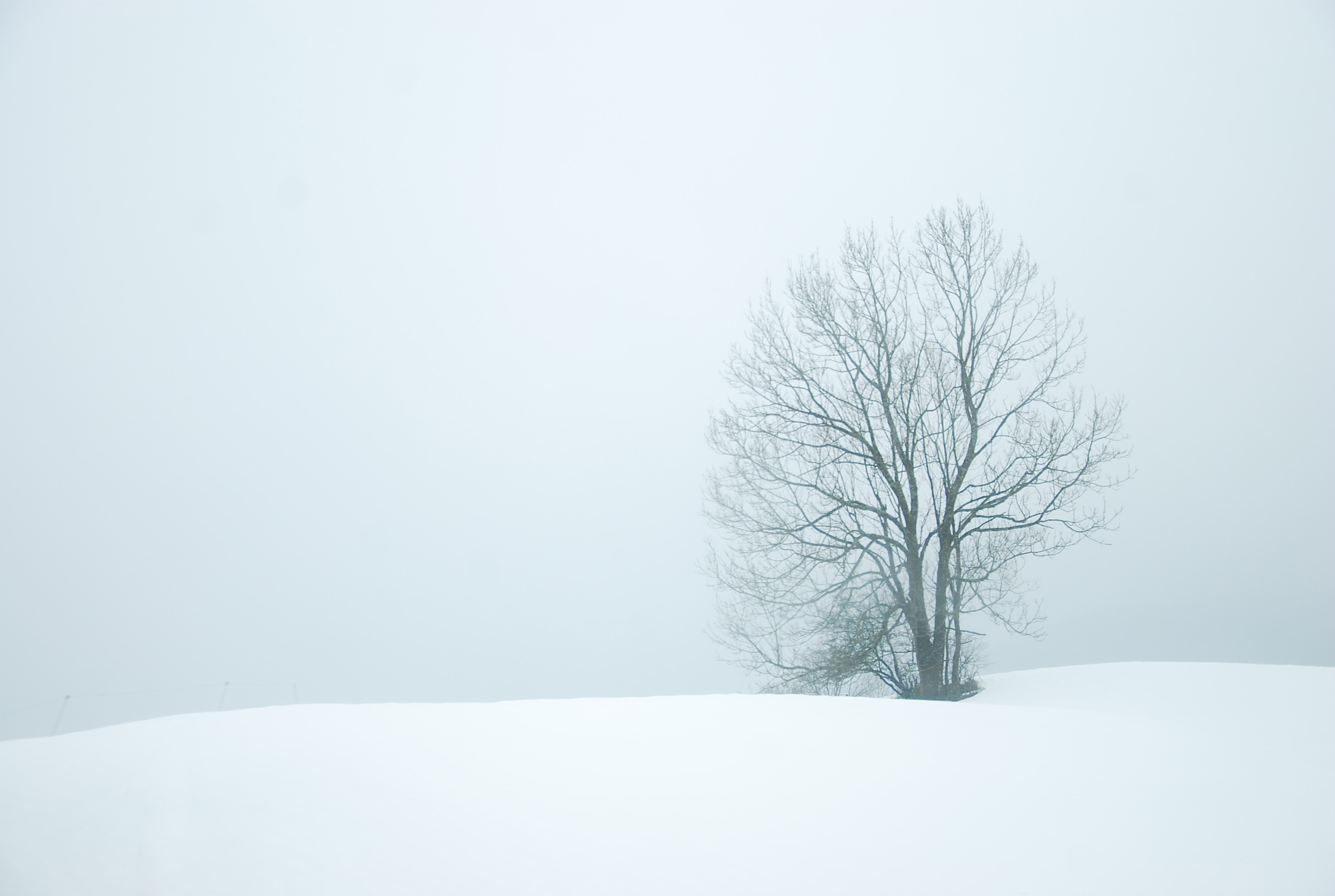MIGRANT CHILD
from “Wild Geese” by Mary Oliver
and “On Setting a Migrant Goose Free”
by Po Chü-i, translated by David Hinton

there’s no peace a million are moving across the landscapes north
this tenth-year winter you have to be good you have to walk
and it hurts
there’s no peace a million are moving for miles through the desert
lumber slower and slower starved and exhausted riverwater spawns ice
it’s cold
pecking through snow on your knees for grass meanwhile
the world goes on north? the last place you should go there’s no peace
just a million armored soldiers
they’d shoot you whoever you are the soft animal of your body
tangled in a net carried away meanwhile the world goes on
sleeping
massed by the hundred sleeping hungry cold lonely
boys grown old exiled here tell me where will you fly now?
the rivers and the deep trees
the mountains high in the clean blue air? heading home again
repenting? tell me about despair yours
and I will tell you
the world offers pain the world offers armies the world offers
to pluck you clean over and over the harsh world calls to you
announcing your place
in the family of things over and over announcing
whoever you are no matter a loose pebble
just a pebble
Source & Method
This cento poem arose from the intersection of two famous poems in which geese appear. Although the bird is critical to both source poems, mine doesn’t contain the image, only the interplay of Mary Oliver’s metaphor of freedom and Po Chü-i’s imprisonment, all in the service of a present-day narrative.
Susan G. Duncan is a consultant to performing and visual arts organizations. Her poetry has appeared in Atlanta Review, Blast Furnace, and Thema, among many others, as well as in anthologies by Sixteen Rivers Press and The Poetry Box.
Photo by Das Sasha
